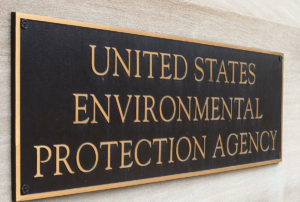 The annual Clean Fuels Conference hosted by Clean Fuels Alliance America last week in San Diego was a great success with nearly 750 leaders from the biodiesel and renewable diesel value chain meeting to learn more about the state of the industry today and the outlook for the near-and long-term.
The annual Clean Fuels Conference hosted by Clean Fuels Alliance America last week in San Diego was a great success with nearly 750 leaders from the biodiesel and renewable diesel value chain meeting to learn more about the state of the industry today and the outlook for the near-and long-term.
The clean fuels industry is coming off a year of historic production, reaching an estimated 5 billion gallons in 2024 and new soy crush capacity is coming online to fuel even more progress in 2025, Clean Fuels CEO Donnell Rehagen said in opening remarks.
“The soybean crush industry has invested over $6 billion in the largest expansion of soybean crush in over 50 years,” Rehagen said. “They have seen our industry grow and they believe, like we do, that growing demand for clean liquid renewable fuels is now the new norm. They see our fuels have now reached a relevance worth investing in.”
Policies at the state and federal levels provide a mixed bag, with opportunities for continued growth along with new challenges. At the federal level, there remains uncertainty in the Renewable Fuel Standard as the Environmental Protection Agency missed its November deadline to set volumes for this year.
“This makes it all the more critical that we advocate for significant growth in those volumes and push this administration to finalize them soon, so we don’t find ourselves this time next year without RVO levels for 2026,” Rehagen said.
Rehagen says they are excited about the growth of the Clean Fuels Alliance in the rail industry. “We just this last year in 2024 saw all six Class I railroads become members of Clean Fuels Alliance America and as users of our fuels, that’s a little bit unique in our membership,” said Rehagen. “This is a brand new emerging market that three years ago was using zero of our fuels and that’s a four billion gallon diesel industry right there.”
Listen to the Donnell’s wrap up interview below:
Clean Fuels interview Donnell Rehagen (5:19)
Check out all the audio and photos from the conference in the Clean Fuels Conference Virtual Newsroom.










